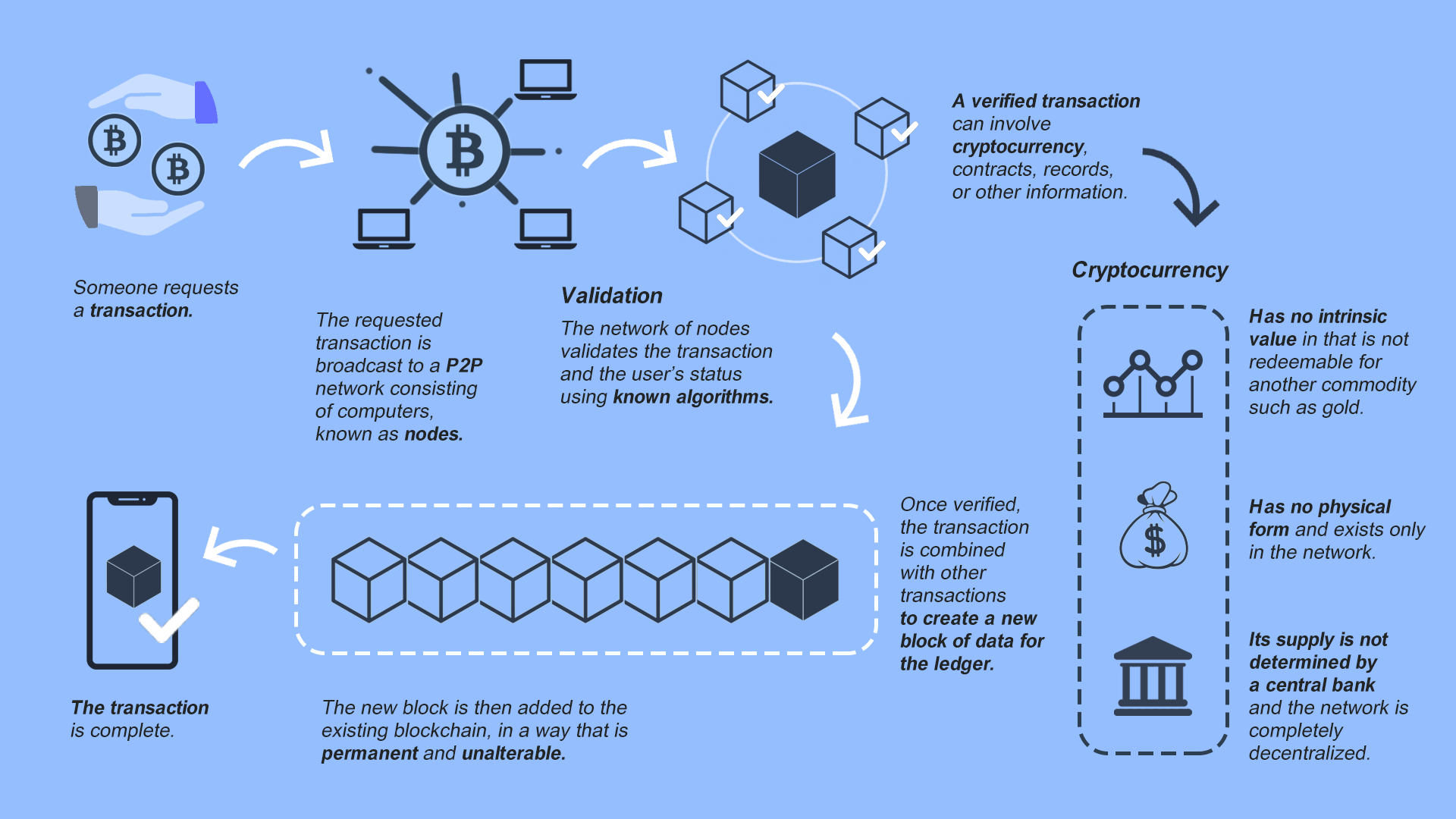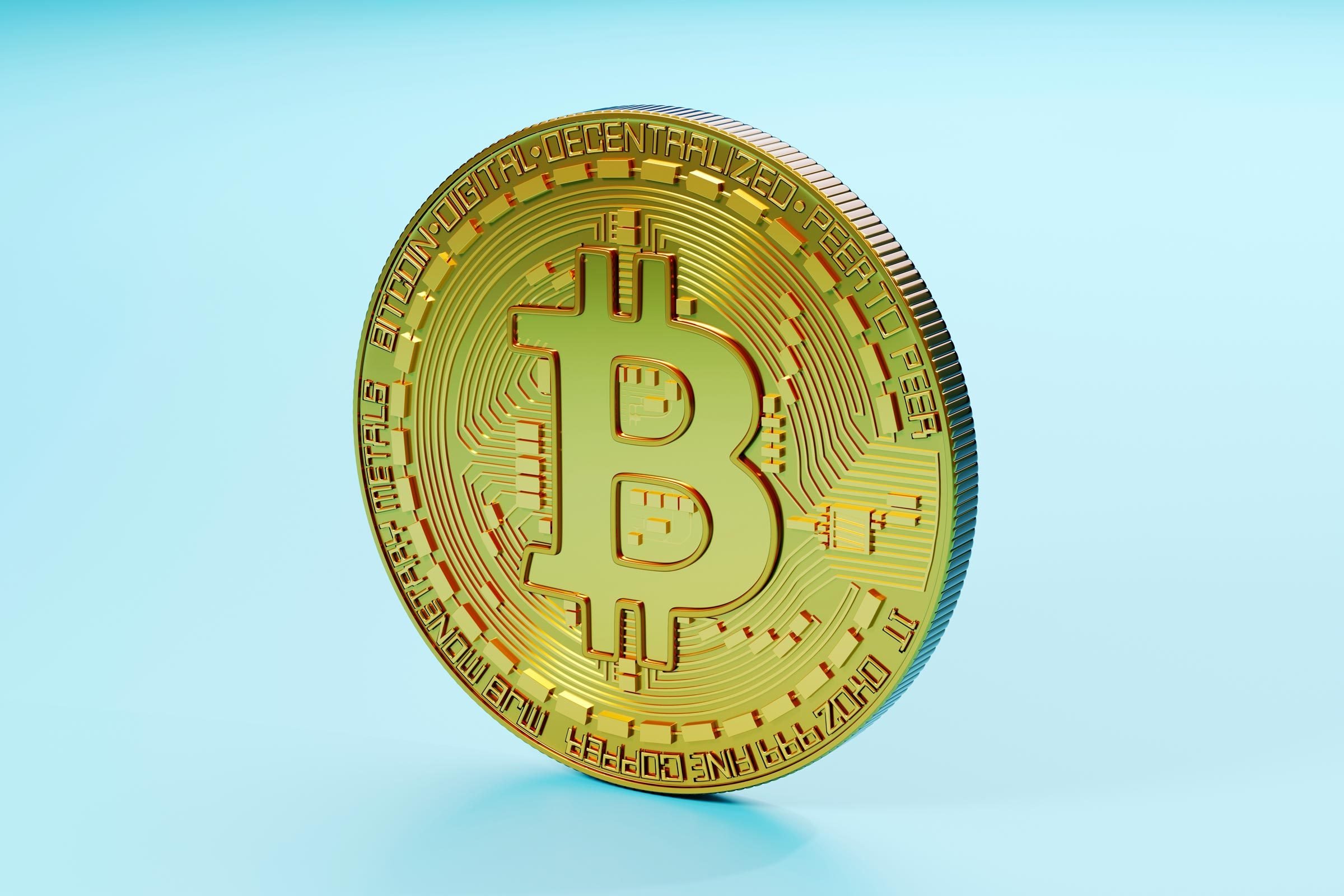pi value cryptocurrency
Pi value cryptocurrency
Nee, het is ten zeerste af te raden een hardware wallet van een ander persoon of in een winkel te kopen. Ledger meldt zelfs dat je goed het pakket moet inspecteren welke je van hen ontvangt, om te kijken of deze niet is opengemaakt.< https://gutsoon.com/20-2/ /p>
Hou daarom zelf de koers goed in de gaten. Door dit in de gaten te houden, kun je zelf bepalen wanneer het verstandig is om te investeren. Wat we wel zien is dat de markt nog flink aan het groeien is. Meestal betekent dit veel goeds.
Bij Binance heb je in eerste instantie de mogelijkheid je account zelf beter te beschermen tegen cybercriminaliteit door een 2 factor authentication toe te voegen. Op deze manier dien je iedere keer met de Authenticator app op je smartphone een inlog of trade bij Binance te bevestigen. Dit biedt een extra laag beveiliging aan voor je account, aangezien je namelijk zo je account en wachtwoord beschermt tegen phishing en keyloggers.
Om deze reden raden wij dan ook altijd aan enkel de crypto die je actief verhandelt op een exchange wallet te laten staan en de rest van je cryptoportfolio te bewaren op een offline hardware wallet als een Ledger Nano of Trezor device.
Als je tijdens de korte Ledger quiz de drie vragen goed beantwoord hebt, is er nog een laatste stap. Ledger gaat even controleren of je hardware wallet wel echt is. Om hen dit te laten controleren klik je gewoon op de Check my Nano knop.
What is cryptocurrency
The legal status of cryptocurrencies varies substantially from country to country and is still undefined or changing in many of them. At least one study has shown that broad generalizations about the use of bitcoin in illicit finance are significantly overstated and that blockchain analysis is an effective crime fighting and intelligence gathering tool. While some countries have explicitly allowed their use and trade, others have banned or restricted it. According to the Library of Congress in 2021, an “absolute ban” on trading or using cryptocurrencies applies in 9 countries: Algeria, Bangladesh, Bolivia, China, Egypt, Iraq, Morocco, Nepal, and the United Arab Emirates. An “implicit ban” applies in another 39 countries or regions, which include: Bahrain, Benin, Burkina Faso, Burundi, Cameroon, Chad, Cote d’Ivoire, the Dominican Republic, Ecuador, Gabon, Georgia, Guyana, Indonesia, Iran, Jordan, Kazakhstan, Kuwait, Lebanon, Lesotho, Macau, Maldives, Mali, Moldova, Namibia, Niger, Nigeria, Oman, Pakistan, Palau, Republic of Congo, Saudi Arabia, Sengeal, Tajikistan, Tanzania, Togo, Turkey, Turkmenistan, Qatar and Vietnam. In the United States and Canada, state and provincial securities regulators, coordinated through the North American Securities Administrators Association, are investigating “Bitcoin scams” and ICOs in 40 jurisdictions.
Transactions that occur through the use and exchange of these altcoins are independent from formal banking systems, and therefore can make tax evasion simpler for individuals. Since charting taxable income is based upon what a recipient reports to the revenue service, it becomes extremely difficult to account for transactions made using existing cryptocurrencies, a mode of exchange that is complex and difficult to track.

The legal status of cryptocurrencies varies substantially from country to country and is still undefined or changing in many of them. At least one study has shown that broad generalizations about the use of bitcoin in illicit finance are significantly overstated and that blockchain analysis is an effective crime fighting and intelligence gathering tool. While some countries have explicitly allowed their use and trade, others have banned or restricted it. According to the Library of Congress in 2021, an “absolute ban” on trading or using cryptocurrencies applies in 9 countries: Algeria, Bangladesh, Bolivia, China, Egypt, Iraq, Morocco, Nepal, and the United Arab Emirates. An “implicit ban” applies in another 39 countries or regions, which include: Bahrain, Benin, Burkina Faso, Burundi, Cameroon, Chad, Cote d’Ivoire, the Dominican Republic, Ecuador, Gabon, Georgia, Guyana, Indonesia, Iran, Jordan, Kazakhstan, Kuwait, Lebanon, Lesotho, Macau, Maldives, Mali, Moldova, Namibia, Niger, Nigeria, Oman, Pakistan, Palau, Republic of Congo, Saudi Arabia, Sengeal, Tajikistan, Tanzania, Togo, Turkey, Turkmenistan, Qatar and Vietnam. In the United States and Canada, state and provincial securities regulators, coordinated through the North American Securities Administrators Association, are investigating “Bitcoin scams” and ICOs in 40 jurisdictions.
Transactions that occur through the use and exchange of these altcoins are independent from formal banking systems, and therefore can make tax evasion simpler for individuals. Since charting taxable income is based upon what a recipient reports to the revenue service, it becomes extremely difficult to account for transactions made using existing cryptocurrencies, a mode of exchange that is complex and difficult to track.
Cryptocurrency prices are much more volatile than established financial assets such as stocks. For example, over one week in May 2022, bitcoin lost 20% of its value and Ethereum lost 26%, while Solana and Cardano lost 41% and 35% respectively. The falls were attributed to warnings about inflation. By comparison, in the same week, the Nasdaq tech stock index fell 7.6 per cent and the FTSE 100 was 3.6 per cent down.
Darknet markets present challenges in regard to legality. Cryptocurrency used in dark markets are not clearly or legally classified in almost all parts of the world. In the US, bitcoins are regarded as “virtual assets”. This type of ambiguous classification puts pressure on law enforcement agencies around the world to adapt to the shifting drug trade of dark markets.
Bitcoin cryptocurrency
Over 2018, the entire crypto market plunged into what is now known as the “crypto winter” – a yearlong bear market. It wasn’t until December 2020, when bitcoin returned to test the previous all-time high, that it eventually surpassed that historical level and rose a further 239% over the next 119 days to a new all-time high of $64,799.
Bitcoin’s source code repository on GitHub lists more than 750 contributors, with some of the key ones being Wladimir J. van der Laan, Marco Falke, Pieter Wuille, Gavin Andresen, Jonas Schnelli and others.
A hard fork is a radical change to the protocol that makes previously invalid blocks/transactions valid, and therefore requires all users to upgrade. For example, if users A and B are disagreeing on whether an incoming transaction is valid, a hard fork could make the transaction valid to users A and B, but not to user C.

Over 2018, the entire crypto market plunged into what is now known as the “crypto winter” – a yearlong bear market. It wasn’t until December 2020, when bitcoin returned to test the previous all-time high, that it eventually surpassed that historical level and rose a further 239% over the next 119 days to a new all-time high of $64,799.
Bitcoin’s source code repository on GitHub lists more than 750 contributors, with some of the key ones being Wladimir J. van der Laan, Marco Falke, Pieter Wuille, Gavin Andresen, Jonas Schnelli and others.
A hard fork is a radical change to the protocol that makes previously invalid blocks/transactions valid, and therefore requires all users to upgrade. For example, if users A and B are disagreeing on whether an incoming transaction is valid, a hard fork could make the transaction valid to users A and B, but not to user C.


